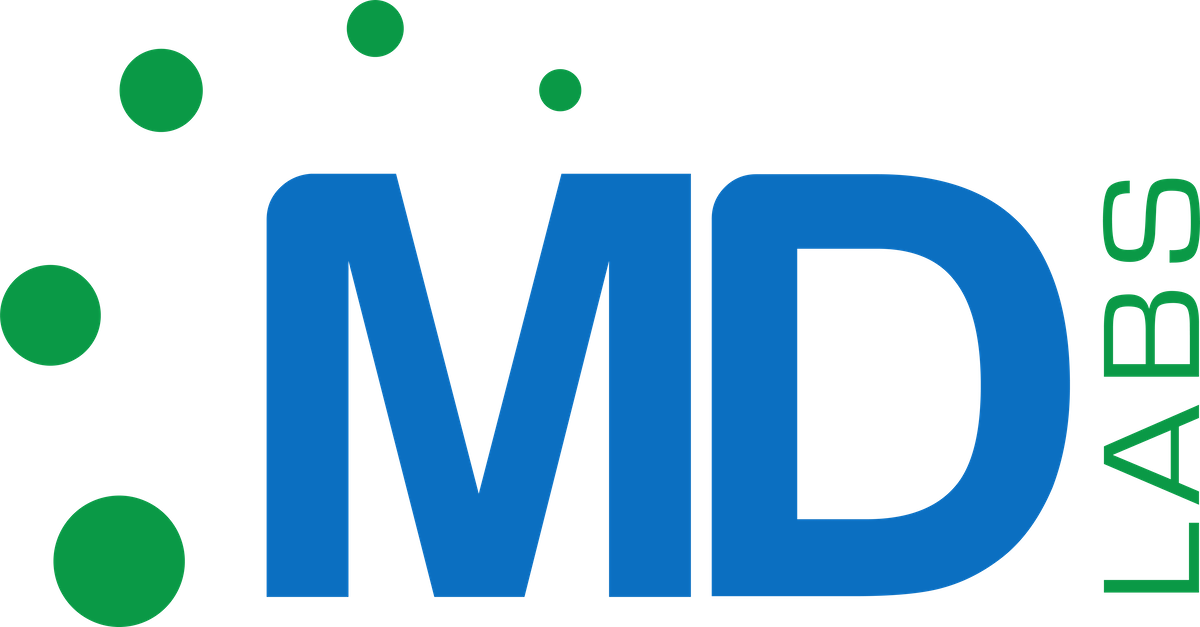Debunking the Poppy Seed Myth: Insights on Drug Tests from MD Labs
Poppy seeds, a popular culinary ingredient found in baked goods and various recipes, have long been the subject of a widely debated myth: Can they cause a positive drug test? At MD Labs, we understand the importance of accurate drug testing and the potential implications of false-positive results. In this blog post, we will delve into the science behind poppy seeds and their potential impact on drug tests to separate fact from fiction.
Poppy Seeds: A Brief Overview
Origins and uses in culinary dishes
Poppy seeds are harvested from the opium poppy plant (Papaver somniferum), which has been cultivated for thousands of years for its seeds and latex. The seeds themselves are small, round, and range in color from blue-black to white. They are used in various culinary dishes worldwide, such as bread, bagels, cakes, and salad dressings, for their nutty flavor and crunchy texture.
Relationship with the opium poppy plant
The opium poppy plant is also the source of opiate drugs like morphine and codeine, which are derived from the latex of the plant. While the seeds do not naturally contain these compounds, they can become contaminated with trace amounts of opiates during the harvesting process.
Morphine and Codeine: The Link to Opiates
Presence of trace amounts of opiates in poppy seeds
Due to the close proximity of the seeds to the latex of the opium poppy plant, it is possible for poppy seeds to become contaminated with trace amounts of morphine and codeine. These compounds can be detected in the seeds even after thorough washing and processing.
Factors influencing opiate content in poppy seeds
The opiate content in poppy seeds can vary significantly depending on factors such as the cultivation process, harvesting techniques, and processing methods. Additionally, individual metabolism and the quantity of poppy seeds consumed can also influence the presence of opiates in the body.
Drug Tests: How They Work
Types of drug tests (urine, blood, saliva, hair)
Drug tests can be performed using various biological samples, including urine, blood, saliva, and hair. Urine tests are the most common, as they are non-invasive, cost-effective, and can detect drug use within a specific time frame.
Detection of opiate metabolites
Drug tests are designed to detect specific metabolites, which are the byproducts of drug metabolism in the body. In the case of opiates, tests typically look for morphine and codeine metabolites.
Sensitivity and specificity of drug tests
The sensitivity of a drug test refers to its ability to detect the presence of a drug or its metabolites at a specific concentration. The specificity of a drug test, on the other hand, refers to its ability to accurately identify the drug in question without generating false-positive results due to cross-reactivity with other substances.
The Impact of Poppy Seeds on Drug Tests
Instances of false positives due to poppy seed consumption
There have been reported cases where individuals who consumed poppy seeds tested positive for opiates on drug tests. These false-positive results are generally attributed to the trace amounts of morphine and codeine present in the seeds.
Threshold levels and their significance
To minimize the risk of false-positive results due to poppy seed consumption, drug testing guidelines have established threshold levels for the detection of opiates. These levels are designed to account for the small amounts of opiates that may be present in the body following the consumption of poppy seeds.
Research studies on poppy seed ingestion and drug test results
Various studies have been conducted to assess the impact of poppy seed ingestion on drug test results. Some of these studies have demonstrated that consuming large quantities of poppy seeds can lead to detectable levels of opiates in urine samples, potentially resulting in false-positive results. However, it is important to note that the likelihood of a false positive depends on factors such as the quantity of poppy seeds consumed, the individual's metabolism, and the sensitivity of the drug test.
Recommendations for Reducing False Positives
Proper communication with healthcare providers and employers
To minimize the risk of false-positive results due to poppy seed consumption, it is essential to maintain open communication with healthcare providers and employers. Inform them about any recent consumption of poppy seeds or products containing poppy seeds before undergoing a drug test.
Timely disclosure of poppy seed consumption
Disclosing poppy seed consumption promptly can help healthcare providers and employers to interpret drug test results more accurately. In some cases, they may decide to use a more specific test or adjust the testing parameters to account for poppy seed consumption.
Technological advancements and updated testing guidelines
Over the years, drug testing technology has improved, and testing guidelines have been updated to reduce the likelihood of false positives due to poppy seed consumption. By adhering to these guidelines and utilizing advanced testing methods, the risk of false-positive results can be significantly minimized.
While poppy seeds can potentially impact drug tests, proper communication, disclosure, and adherence to updated testing guidelines can help mitigate the risk of false positives. At MD Labs, we are committed to providing accurate and reliable drug testing services that take into account factors such as poppy seed consumption. Understanding the relationship between poppy seed consumption and drug tests is crucial for both individuals and healthcare providers to ensure accurate test results and appropriate decision-making. By staying informed and maintaining open communication, we can work together to minimize the impact of poppy seeds on drug tests and ensure a fair testing process.
